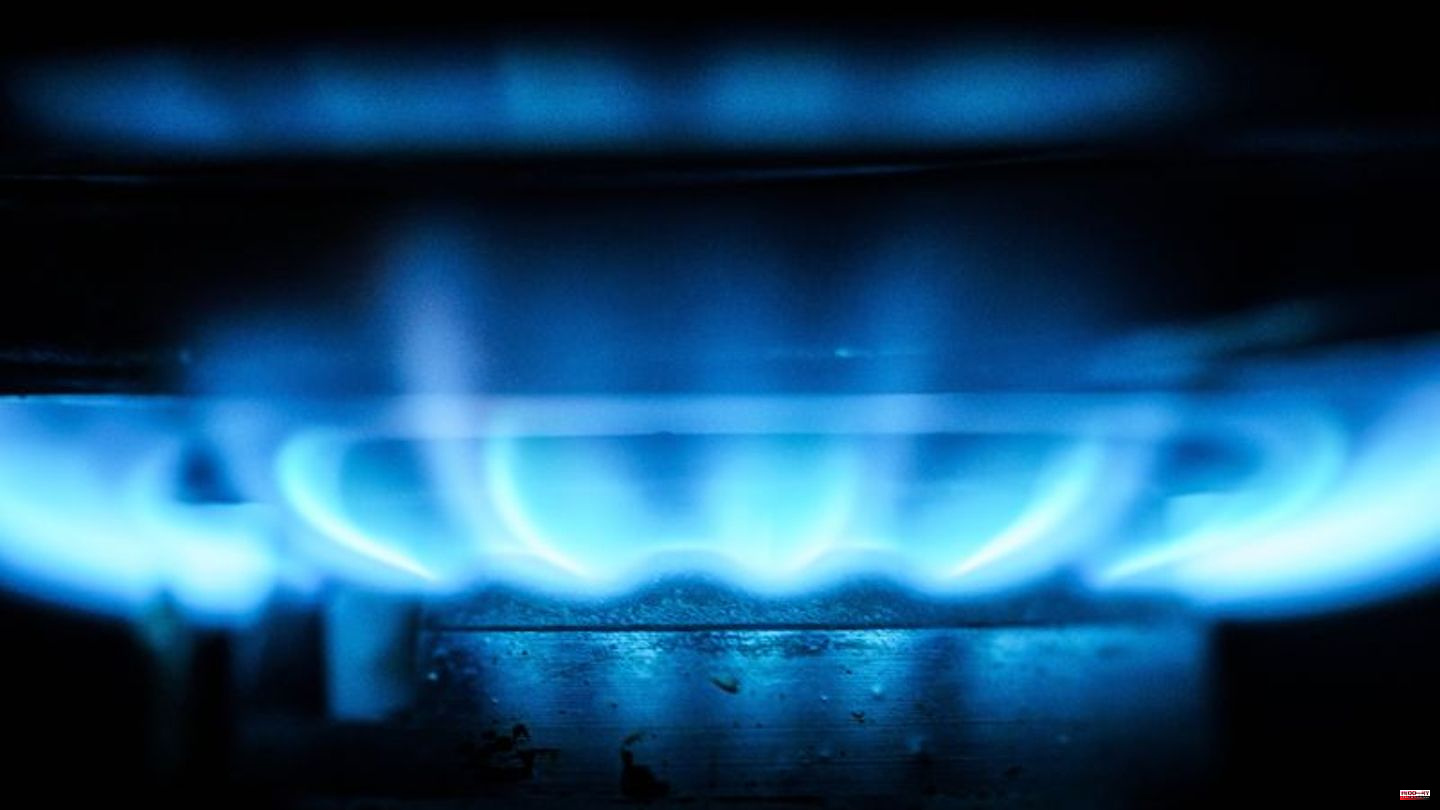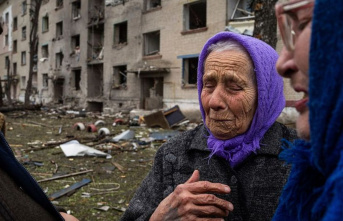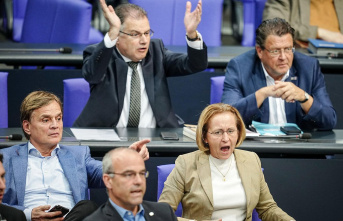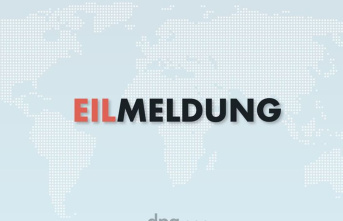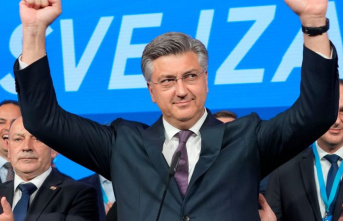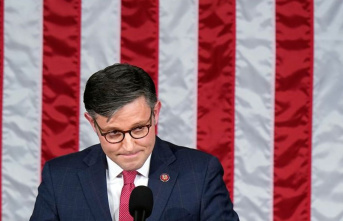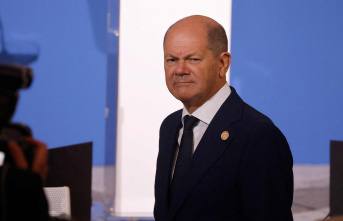The federal government has announced a quick solution to the future of the controversial gas surcharge. A government spokesman said on Monday in Berlin that the structure of an overall solution would become visible "very quickly" and in a very orderly process. He referred to the gas surcharge and a planned gas price brake. A commission on such a brake met and worked very well.
A spokeswoman for Economics Minister Robert Habeck (Greens) said gas prices had to fall and security of supply had to be guaranteed. There must be an "orderly" solution. The gas surcharge should come into force at the beginning of October, but payments on account will not be due until the end of October.
The surcharge would mean significant price increases for all gas customers. Due to the lack of Russian gas deliveries via the Nord Stream pipeline, importers such as Uniper have to procure replacement quantities on the market at greatly increased prices, but have not yet been able to pass them on to customers. This is to be done via the allocation. The federal government had decided on a state rescue package for Uniper, and the group is now to be nationalized. Uniper is Germany's most important gas importer.
According to earlier information from the Ministry of Economic Affairs, gas importers claimed costs of 34 billion euros for the levy period up to the beginning of April 2024.
Greens Chairman: Gas surcharge must go
The Greens' federal chairman, Omid Nouripour, assumes that the controversial gas surcharge will initially come into force on October 1, but will not last. "I have to admit that I even assume that it will come into force on October 1st," said Nouripour on RTL/ntv's "Frühstart" program.
Asked when exactly the gas surcharge could be tipped, Nouripour said: "As soon as possible." Talks would have to be held in the federal government, the situation is dynamic. "The fact that she has to go now is something that's right. Everyone sees it that way." Referring to the Economics Minister, Nouripour added: "I can assure you that Robert Habeck is doing everything to ensure that the levy falls as quickly as possible."
The party leader described a gas price cap as "very necessary". However, all conceivable successor models to the gas surcharge cost money, which Finance Minister Christian Lindner (FDP) must provide.
Habeck sees financial constitutional issues
The gas surcharge was actually intended to support gas importers who have high costs for replacement purchases due to the lack of Russian deliveries. The surcharge for all gas users is currently set at around 2.4 cents per kilowatt hour of natural gas - making gas more expensive for customers. Habeck sees financial constitutional issues to be clarified, and Lindner also casts doubt on the instrument.
SPD leader Lars Klingbeil expects that the issue will be decided in the new week. "I have no doubt that we will get a final decision on the gas levy next week," he said on the ZDF program "Berlin direct". "It is clear that we must have the strength to discuss this openly and, if necessary, to correct ourselves." In the end, Habeck, as the responsible minister, had to say how the gas levy would continue.
Green leader Ricarda Lang said the gas surcharge could go away as soon as the Ministry of Finance was willing to come up with an alternative. "This alternative means: financing from budget funds," said Lang. The problem: The debt brake enshrined in the Basic Law stipulates that the federal and state governments must always balance their budgets without loans. Because of Corona, the debt brake in the federal government was suspended for three years.
Lindner insists on the debt brake
It is clear that the federal government wants to tackle the problem of high gas prices - but the financing remains unclear. The FDP continues to insist on compliance with the debt brake in the federal budget next year. There are already consultations within the federal government, said Lindner on Monday in Berlin, where his party's committees met. He has "a very precise idea" of the financial policy instruments, but wants to discuss them within the federal government.
"The goal is a debt brake for the federal budget and a gas price brake. In other words, there must not be a general dam rupture," said Lindner, who also warned of further inflation. "I can say it quite frankly: If the debt brake were lifted, not only would everything that we need for the crisis be financed, but then general political wishes and plans would also come into play. And that would be the financial dam breach." That's why he and the FDP stuck to the debt brake. Lindner said: "We want to help people in the crisis, but we don't want to open the floodgates."
He demanded that, in view of the threatening economic damage, all possibilities had to be used - "from expanding capacities such as nuclear energy, from storing gas that we have, the European measures that are being discussed, for example joint gas purchasing by the European Union and targeted measures of the German state". Lindner also called for price signals to be set. If it becomes clear to the market that gas is flowing back into the market from storage facilities filled with public money, this will already have an impact on pricing.

